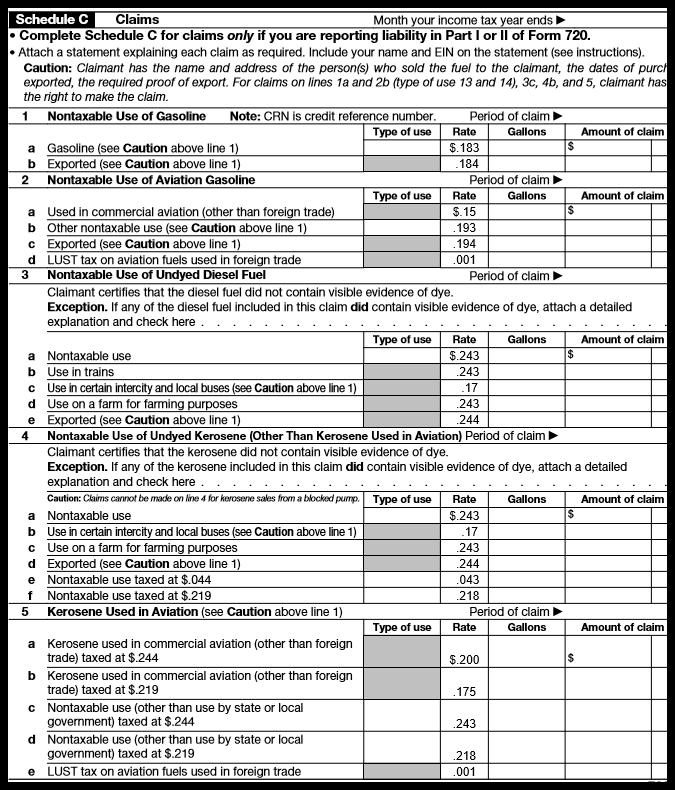Content
- Forensic Accounting, Fraud Theory, and the End of the Fraud Triangle
- Ep.114 – Leandra Lederman on the Fraud Triangle and Tax Evasion
- Ep.88 – Kish Parella on Business and Human Rights
- Tax Compliance as the Result of a Psychological Tax Contract: The Role of Incentives and Responsive Regulation
- Ep.134 – Benjamin Ho on Corporate Apologies
Ep.87 – Carlos Berdejó on Financing Minority Entrepreneurship Carlos Berdejó, professor of law at Loyola Law School, joins the Business Scholarship Podcast to discuss his article Financing Minority Entrepreneurship. In this article, Berdejó examines barriers faced by minority-owned businesses and frames information asymmetry as a cause of racial … Ep.90 – Emily Strauss on Everything as Securities Fraud Emily Strauss, clinical professor of law at Duke University, joins the Business Scholarship Podcast to discuss her article Is Everything Securities Fraud?. In this article, Strauss analyzes the extent to which corporate harms to non-shareholders—such as victims of oil spills, … Ep.97 – Michael Klausner on SPACs Michael Klausner, professor of business and law at Stanford University, joins the Business Scholarship Podcast to discuss his article A Sober Look at SPACs, which was written with co-authors Michael Ohlrogge and Emily Ruan.
This The Fraud Triangle And Tax Evasion By Leandra Lederman describes how Connecticut, despite catching a fiscal break from the pandemic, has failed to seize the opportunity to enact meaningful reform targeted at its $90 billion debt. For example, a pair of scholars added to the fraud triangle the factor of ‘capability’ to carry out the fraud and avoid detection, coining the resulting four-factor version the ‘fraud diamond.’ In part, my article examines the role of experiential learning in facilitating repeated frauds.
Forensic Accounting, Fraud Theory, and the End of the Fraud Triangle
Lederman uses the fraud triangle, a well-studied topic in the accounting literature that is often … The “fraud triangle” is the preeminent framework for analyzing fraud in the accounting literature. It is a theory of why some people commit fraud, developed out of studies of individuals, including inmates convicted of criminal trust violations.
Second, the https://intuit-payroll.org/ opportunity prong highlights the importance of both structural systems that foreclose opportunities to evade and visible monitoring that reduces the opportunity to cheat (akin to a visible speed camera or red-light camera). In the tax context, withholding at source and third-party reporting reduce the perceived opportunity to evade taxes by simply failing to report an income item.
Ep.114 – Leandra Lederman on the Fraud Triangle and Tax Evasion
The three components of the fraud triangle are an incentive or pressure ; opportunity; and rationalization. Tax morale has received a growing attention in academics as well as in public life. The relevance of tax morale for fiscal policy cannot be neglected as tax morale can help to explain the level of tax compliance or tax evasion. This paper gives an overview of tax morale with a special focus on Switzerland. We highlight the magnitude and the de-terminants of tax morale that have been isolated so far and discuss directions for future research in this area. The article begins by explaining why Connecticut fared well during the pandemic. The increase in their stock-market driven income taxes, as well the sales tax boost from secondary and tertiary purchases by homebuyers, has eliminated Connecticut’s short-term budget deficit.
- For that, scholars generally credit the 1950s’ research of a sociologist, Dr Donald Cressey, who studied prisoners convicted of embezzlement and similar crimes in an effort to understand why some previously honest people embezzle.
- With limited resources and a diminished budget, it is not surprising that the Internal Revenue Service would seek new tools to maximize its enforcement efficiency.
- An assessment of how the manner in which ZIMRA conducts tax audits influences taxpayer’s attitude towards tax compliance.
- We do not provide tax or legal advice, so please consult your own professional advisors if you need help.
- An increased perceived likelihood of detection reduces the perceived opportunity to evade.
- VIRTEU, for which I am a special advisor, is hosting a Roundtable Discussion Series this spring that brings together experts from academic institutions, nongovernmental organizations, and the private sector to engage in topical discussions around the general problem of tax fraud and corruption.
- This article describes how Connecticut, despite catching a fiscal break from the pandemic, has failed to seize the opportunity to enact meaningful reform targeted at its $90 billion debt.
The legal literature on tax compliance often emphasises the importance of either economic deterrence or behavioural aspects of compliance. Sometimes proponents of behavioural theories claim that the deterrence model is wrong or that enforcement reduces tax compliance, a claim I have rebutted in other work. However, there is no reason that the deterrence and behavioural theories cannot co-exist.
Ep.88 – Kish Parella on Business and Human Rights
While related research in accounting is scant, there is extensive, relevant, non-accounting research. We find that neutralizations exposure increases CPAs’ unethical intentions despite cautions against doing so. This result is robust to two different morally intense and practically relevant ethical cases.
- Ep.96 – Sarah Haan on the Feminization of Capital Sarah Haan, professor of law at Washington & Lee University, joins the Business Scholarship Podcast to discuss her article Corporate Governance and the Feminization of Capital.
- Lederman uses the fraud triangle, a well-studied topic in the accounting literature that is often …
- The ‘incentive’ aspect of the incentive or pressure prong reflects the importance of economic analysis.
- Empirical studies have generally found that audits and audit threats have a strong positive effect on tax compliance, and that some behavioural factors, such as norms appeals, can also have a positive effect.
- Procedural fairness on the part of the tax collector and messages that reinforce strong norms of tax compliance in a community may help reduce some rationalisations for cheating.


